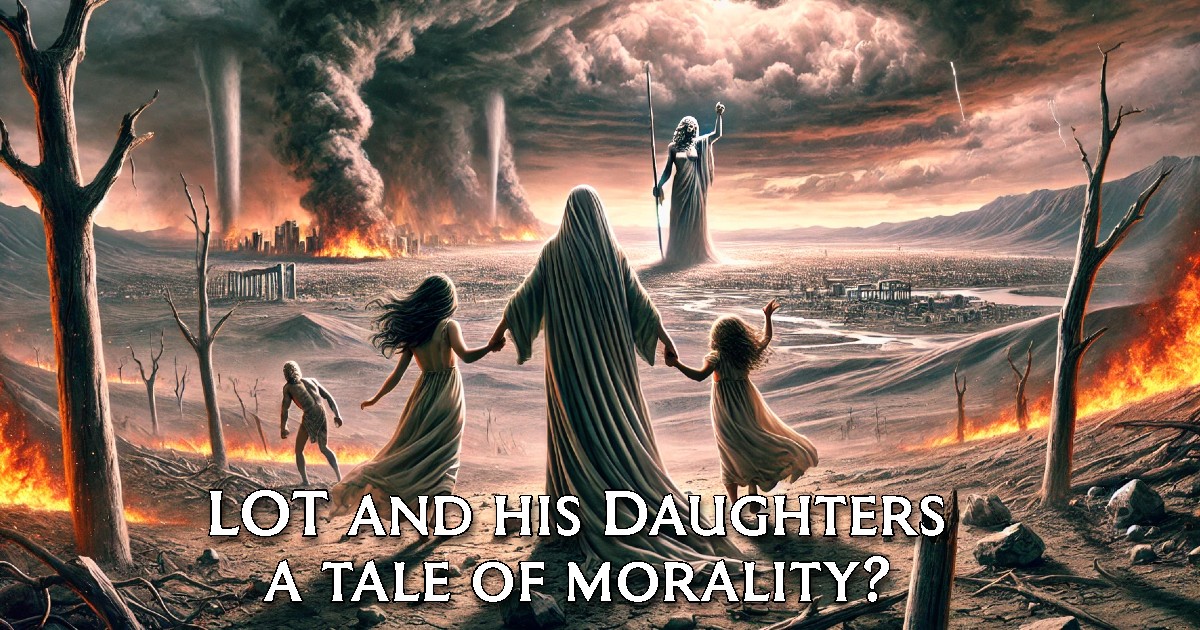When flipping through Genesis, you might notice something odd. There’s a lot of family intermingling happening—siblings marrying, close relatives reproducing—and no divine side-eye to be found. Why isn’t incest explicitly condemned in these early chapters? The answer is layered, stretching from theological interpretations to the dusty corridors of ancient text composition.
The “It Was a Different Time” Defense
In traditional Christian doctrine, the usual explanation goes like this: Adam and Eve’s children had no choice but to marry each other to populate the earth. The moral laws against incest, as outlined in Leviticus, simply hadn’t been given yet. Plus, early humanity’s genetic code was supposedly pure and uncorrupted, making the risks associated with incestuous relationships irrelevant. It’s the biblical version of, “Well, back then it was different.”
But is that the whole story?
Secular Investigation: Textual Time Travel
From a secular scholarly standpoint, things get more interesting—and complicated. Using tools like the Documentary Hypothesis and historical context analysis, scholars suggest that Genesis reflects the values of the societies that composed and edited these texts, not an unchanging moral code.
1. The Absence of Taboo
In the ancient Near East, royal families often practiced endogamy (marriage within the family) to preserve bloodlines. Genesis’ stories may mirror these cultural norms. Abraham, for instance, married his half-sister Sarah without any narrative condemnation. This suggests the authors weren’t trying to write a moral handbook at this point but rather to explain lineage and legitimize ancestral heritage.
2. Different Authors, Different Morals
The Documentary Hypothesis proposes that Genesis was stitched together from multiple sources with varying agendas. The Priestly source, responsible for Leviticus, heavily condemns incest. But the Yahwist and Elohist sources, which contributed to Genesis, seem less concerned with the topic. They were busy telling stories, not codifying laws.
3. The Evolution of Morality
Biblical texts didn’t drop from the sky fully formed; they evolved alongside human societies. Early Genesis reflects a world where survival and family continuity trumped abstract moral codes. By the time Leviticus was written, society had shifted, and the need for clear laws about familial boundaries became more urgent.
Conclusion: Morality Is a Moving Target
The lack of incest condemnation in Genesis isn’t an oversight; it’s a window into the evolving moral landscape of ancient societies, support for a higher criticism that the book is the work of man with only divine aspirations, but falling short in its morality.
Sources:
- Julius Wellhausen, Prolegomena to the History of Israel
- Richard Elliott Friedman, Who Wrote the Bible?
- Bart D. Ehrman, Misquoting Jesus
- The Hebrew Bible (Genesis, Leviticus)
- Ancient Near Eastern texts and historical records

